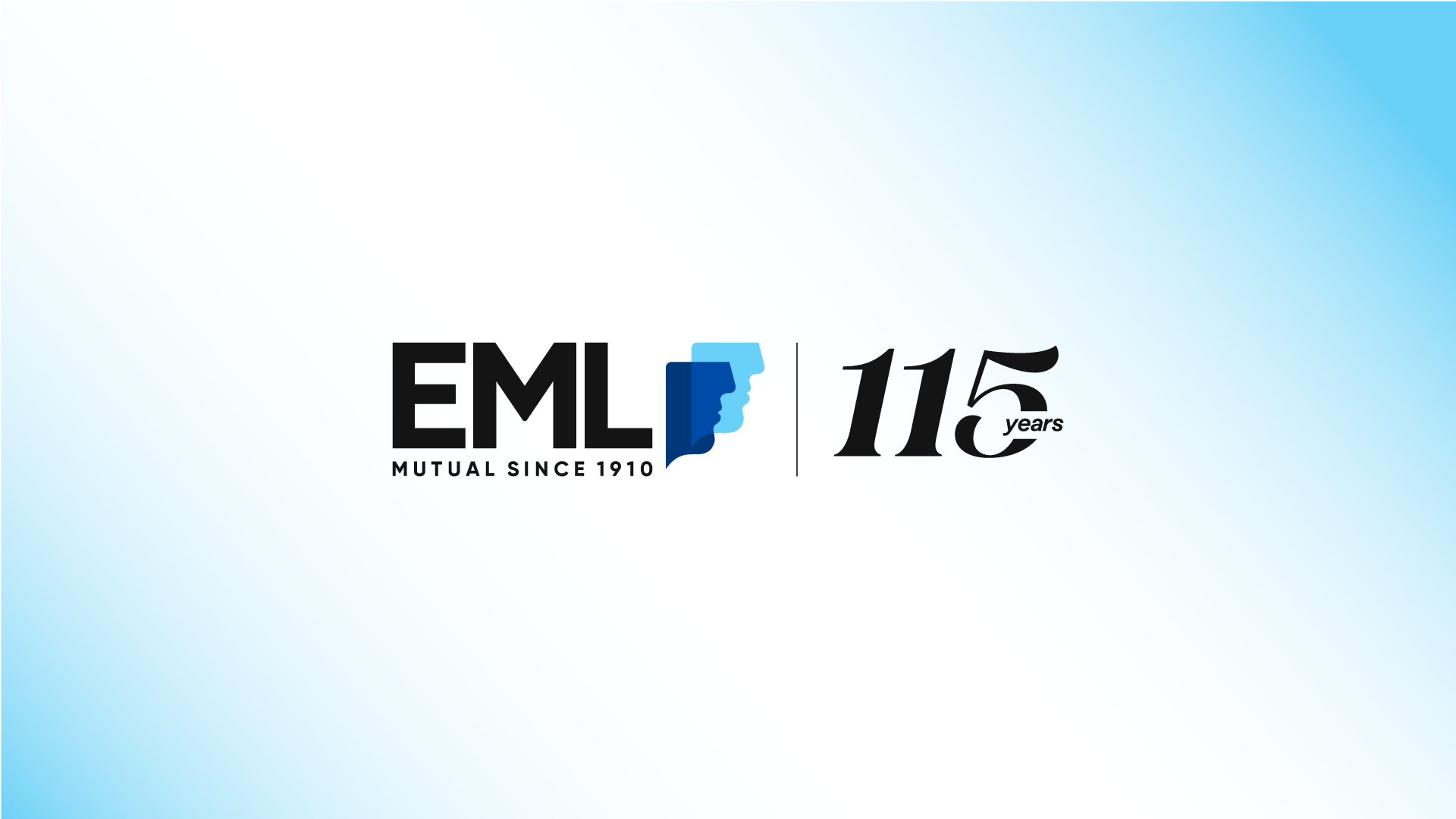Knowing your claim is in the right hands when a workplace injury happens makes all the difference. We have years of experience helping thousands of NSW employers through the claims process, ensuring their workers get the right care and support to return to work. This page gives you all the information you need to start the process. If you need extra guidance, we’re ready to help.

Workers and employers can now submit and manage workers compensation claims online. Click here to visit the icare portal.
Has your worker incurred an injury or illness that requires medical treatment?

Whether it is physical or mental, your worker’s wellbeing is everyone’s responsibility, and care and support is crucial.
Has your worker had medical treatment for the injury or illness?
This is your priority. Provide first aid if it is appropriate.
Urge or organise your worker to make a visit to a doctor or hospital as required for treatment as soon as possible.

We suggest you offer to support your worker at any appointment with their approval or ask if there is a suitable person they would like to take or contact.
If your worker has had a work-related injury or illness, you should notify icare, register the incident and begin the claims process.
Has icare been notified already for this injury or illness?

You must notify icare within
48 hours of the incident.
If you do not report the injury within
five calendar days of becoming
aware of the injury, you may pay a ‘claims excess payment’ which
is equivalent to one week of your worker’s weekly payments.
You can choose from two lodgement options:
- Notify icare via the icare portal or on the icare website (preferred)
- Download and fill out the online pdf and email to emlnewclaims@workerscomp.nsw.gov.au
We are here to help, so if you require assistance, call us on 133 365. Monday to Friday 8:30 am – 5:00 pm, closed public holidays.

Using the
icare portal
or
icare website Is the easiest, most convenient and
efficient way to lodge a
claim.
This is to ensure early support is
provided to your worker, regardless of whether the claim is
accepted or not.
Lodgement will be quick and easy if you have some information handy when you begin the claims process.
Though it is not required at the time of notification, it is beneficial to provide your worker's pre-injury average weekly earnings (PIAWE) if available, as it will assist in the timeliness of the determination.

To assist in determining PIAWE, EML may also request
supplementary documentation that may include copies of your
worker’s pay slips, wage records, leave records, etc.
For more information see
here
to use the
Pre injury average weekly earnings PDF form.
Has your worker already seen a doctor and provided you with a certificate of capacity that details their diagnosis?
If your worker has provided a certificate of capacity, you may be able to provide other assisting information.
Once reported, EML will provide you with a claim number (sometimes referred to as a reference number) which you should write down as you may need to track the notification in the future.
Has the injury, illness or incident been recorded in your workplace's Register of Injuries?

Work-related injuries and illnesses must be recorded in your
workplace’s Register of Injuries.
Your worker (or someone on their behalf) should complete the
Register of Injuries.
Advise or inform your worker (or someone acting on their behalf)
of the need to fill out a Register of Injuries form.
Provide
confirmation to your worker once received and return a copy to
your worker.

Employers must keep a Register of Injuries at each workplace,
for workers to record any workplace injury or illness.
A
template
is available on the SafeWork NSW website if required.
Reporting and reviewing injuries minimises workplace incidents and can reduce your insurance premiums.

More importantly, developing a safety culture demonstrates care for your workers health and wellbeing and makes your organisation a good place to work.
Have you notified SafeWork NSW of the injury or illness?

Significant penalties apply if you fail to notify SafeWork NSW of a notifiable injury or illnesses.
If there is a serious injury or illness, you must report it to SafeWork NSW immediately as an urgent investigation may be needed.
Does your workers injury qualify under SafeWork NSW's definition of a serious injury or illness?

Significant penalties apply if you fail to notify SafeWork NSW of a notifiable incident.
You can notify SafeWork NSW via phone on
13 10 50.
For more information, go
here.

Significant penalties apply if you fail to notify SafeWork NSW of a notifiable incident.
If there is no injury or illness to a worker, you do not need to enter the EML claims process, though SafeWork NSW may need to be notified for workplace fatalities, and health and safety incidents.
Head to the SafeWork NSW Website to understand more.

EML supports SafeWork NSW in the identification of near misses and other incidents to improve the workplace and prevent future injuries and incidents.
Once you have notified SafeWork NSW, you should receive confirmation of the notification. Retain record of this notification.

You must keep a record of the incident notification for five years.
Talk to your worker regularly and check in on their recovery and their readiness to return to work.

Your worker may be going through a difficult time.
Communication breakdown is a major reason that
return to work is delayed or doesn’t happen at all.
Within three business days of reporting an injury or illness, EML will have reviewed the information provided.
EML will call you and your worker as required, to find out more about their progress, their injury, or if possible, provide an outcome on any information that's been given.

Your claim is assessed by our dedicated team at EML as to whether it is eligible for workers compensation in line with the legislation.
Within seven business days, a full assessment will have occurred.
In most cases, liability will have been determined, and you will receive confirmation of the level of support available relative to the assessment. EML will contact you and your worker at this time.
Browse our training across workers compensation, health and safety, return to work and mental health.
Browse our training across workers compensation, health and safety, return to work and mental health.
Browse our training across workers compensation, health and safety, return to work and mental health.
Browse our training across workers compensation, health and safety, return to work and mental health.





Lorem ipsum dolor sit amet, consectetur adipiscing elit, sed do eiusmod tempor incididunt ut labore et dolore magna aliqua.
The EML Group is made up of a group of companies owned and operated by a partnership between Employers Mutual Limited & The Trustee For ASWIG Management Trust ABN 23 923 166 503, to find out more information about the EML Group click here.